
- Home
- CHS Research
CHS Research
The latest scientific findings and research developments related to CHS.
Featured articles on CHS Research

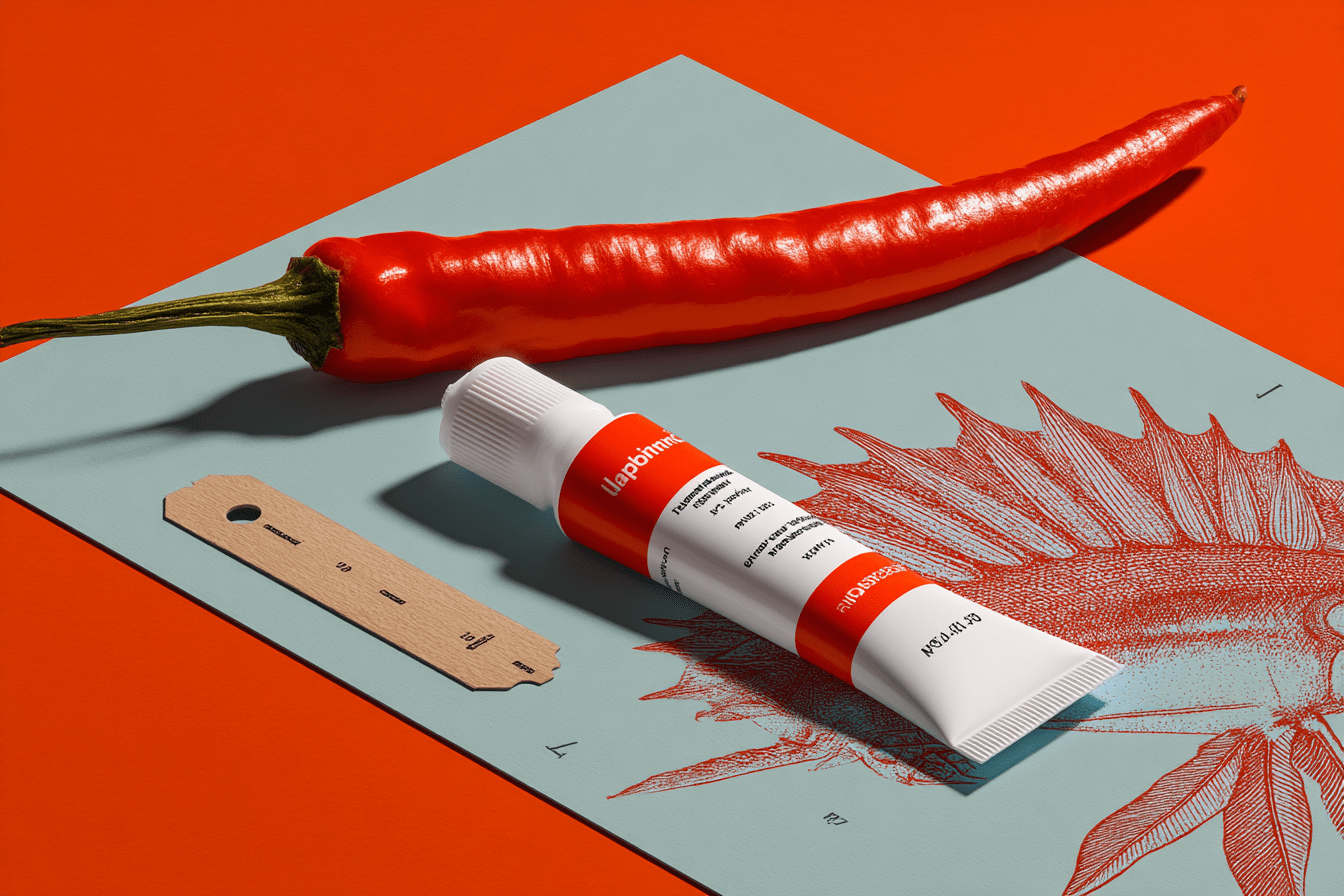
Spicy Relief - The Science Behind Capsaicin Cream for CHS Symptoms
All CHS Research Articles
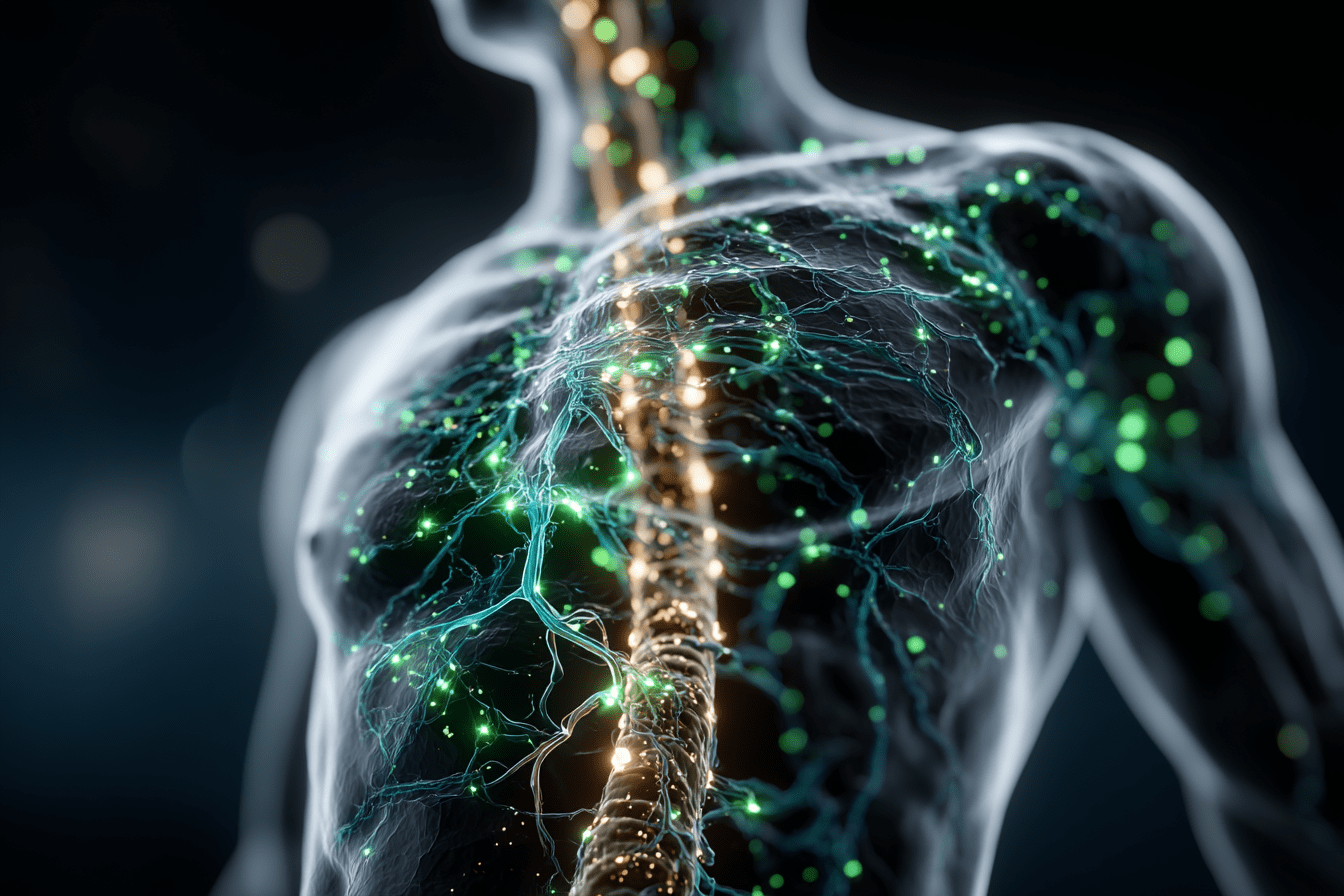
Your Body's Own Cannabis Network
This article explores the paradox of Cannabinoid Hyperemesis Syndrome (CHS), a condition caused by long-term cannabis use that results in severe nausea and vomiting. It dives into the role of the Endocannabinoid System (ECS), explaining how chronic cannabis use disrupts this system, leading to CHS symptoms. The article highlights the importance of understanding ECS dysfunction in relation to CHS and why cessation of cannabis use is critical for recovery.
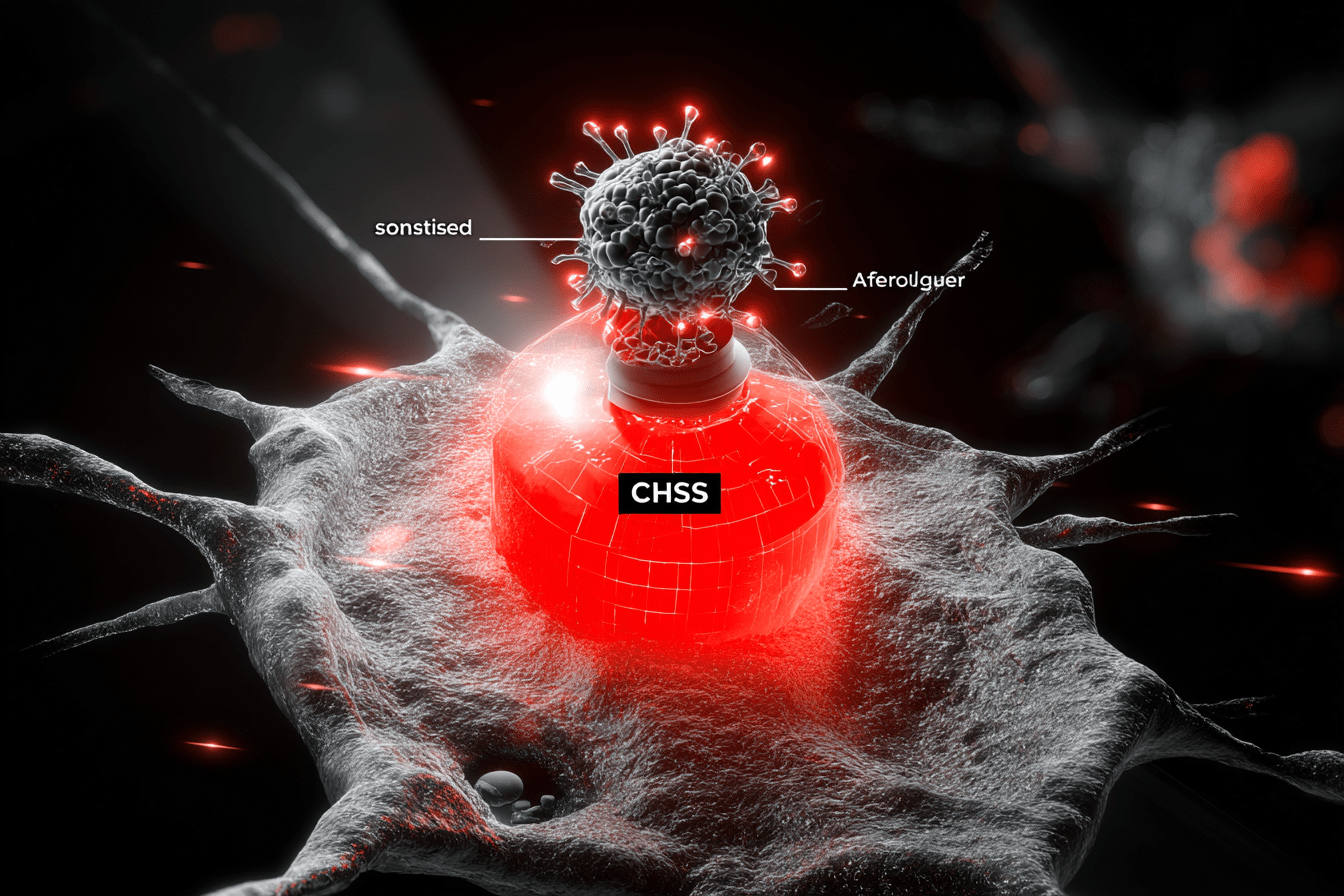
Is Cannabinoid Hyperemesis Syndrome (CHS) Permanent?
This article explores whether Cannabinoid Hyperemesis Syndrome (CHS) is a permanent condition. It breaks down the difference between the temporary symptoms and the likely long-term sensitivity to cannabis, offering insights into recovery, relapse risk, and long-term management.
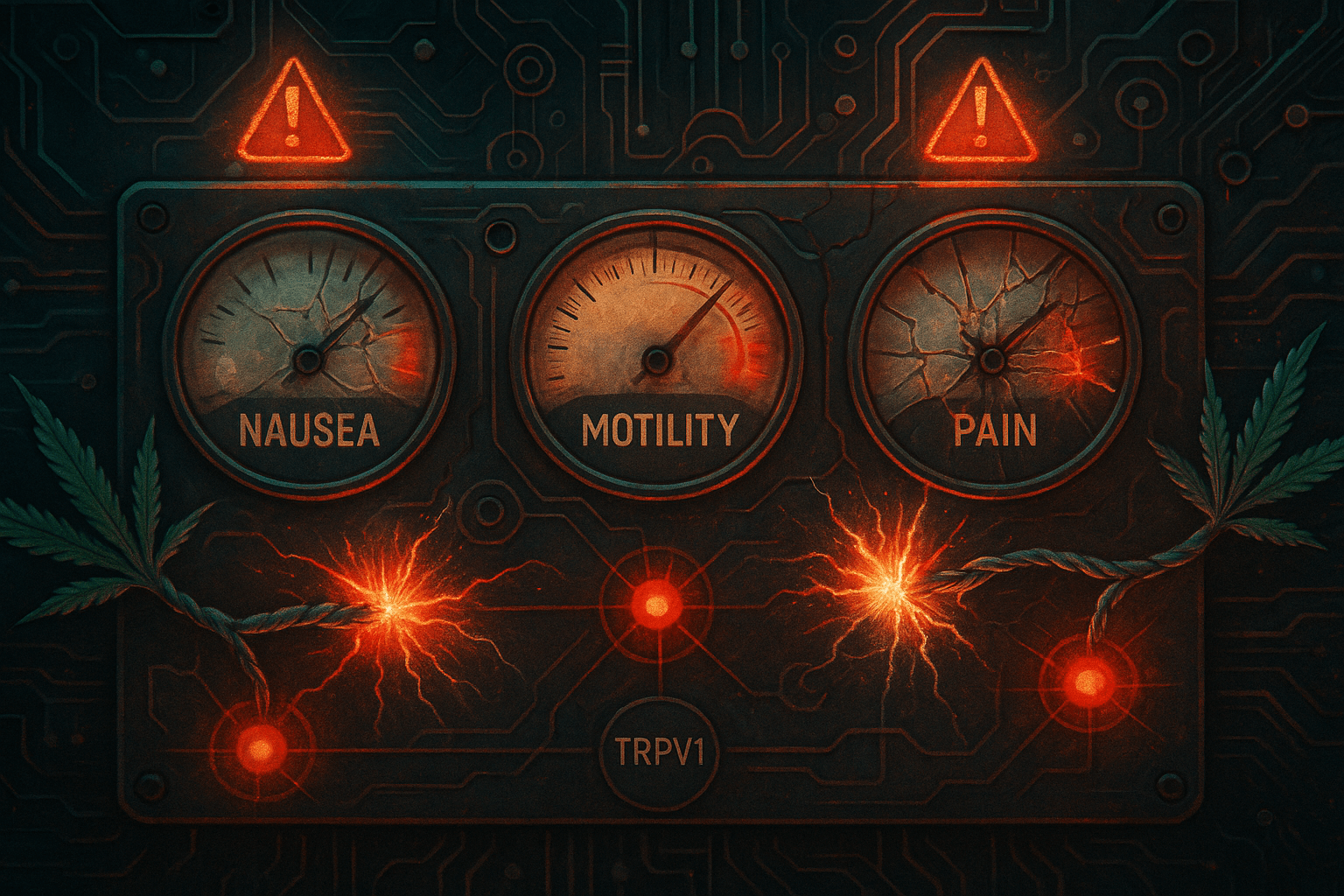
Gut Feeling Gone Wrong?
This article explores the science behind Cannabinoid Hyperemesis Syndrome (CHS), explaining how chronic cannabis use disrupts the endocannabinoid system and affects the gut through receptor overload, leading to severe nausea and vomiting. It highlights why stopping cannabis is essential for recovery.
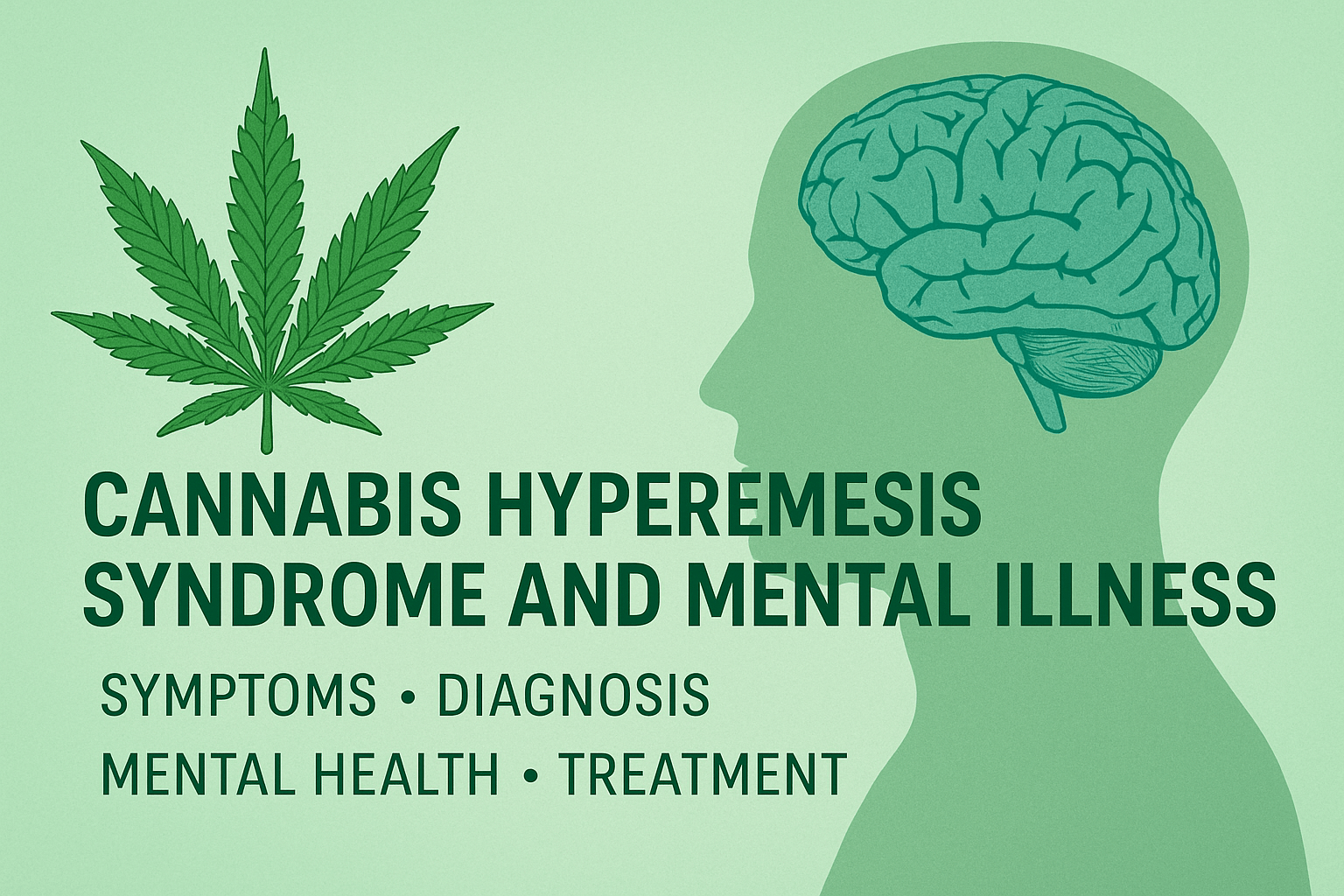
Cannabis Hyperemesis Syndrome and Mental Illness
Explore the link between Cannabis Hyperemesis Syndrome (CHS) and mental illness, including anxiety, depression, psychosis, and substance use disorders.
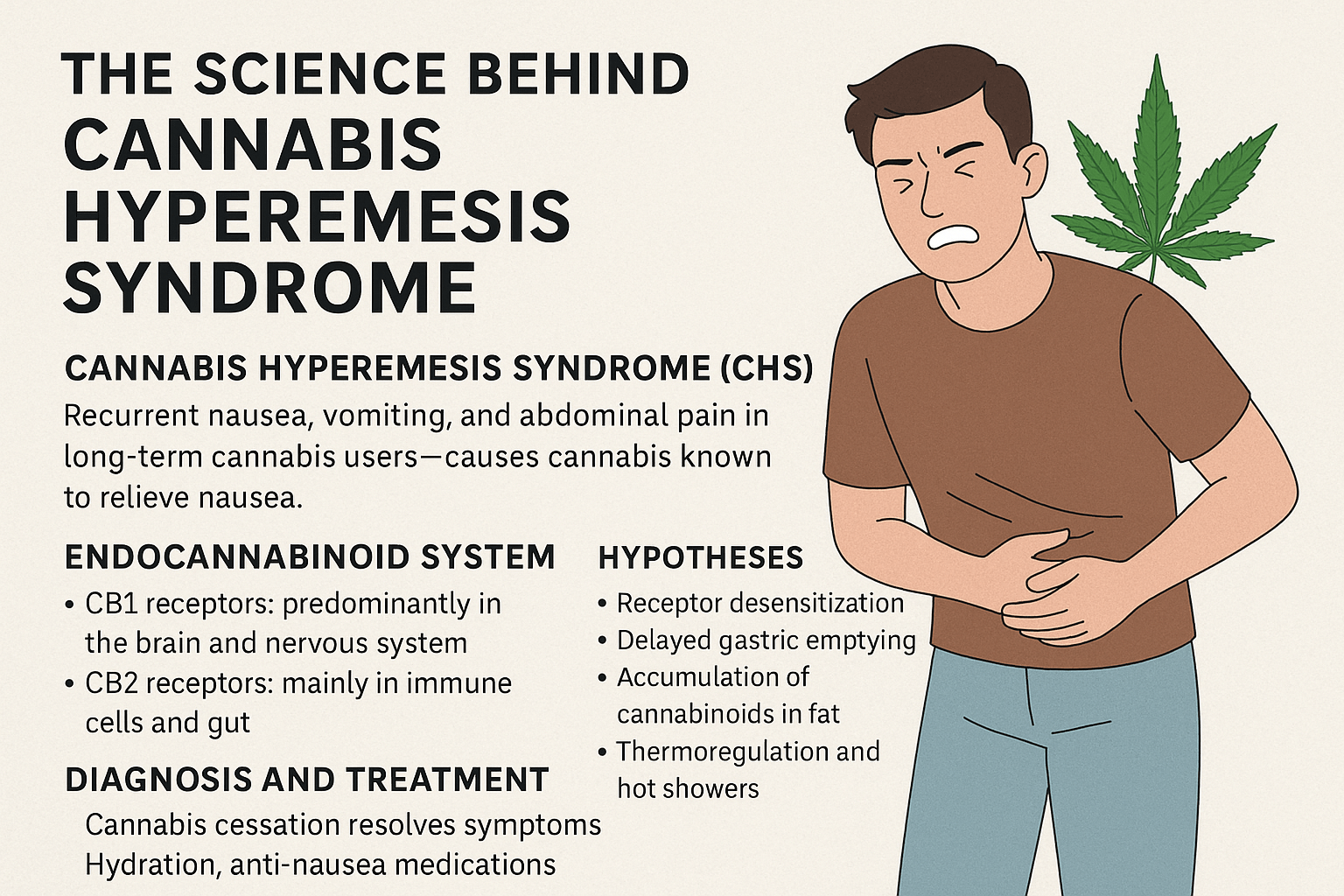
The Science Behind Cannabis Hyperemesis Syndrome: When Cannabis Turns Against the Body
An overview of Cannabis Hyperemesis Syndrome (CHS), a condition in chronic cannabis users causing nausea and vomiting, with insights into its possible biological causes and treatment.

Peeking into the Lab
This article explores the anticipated research trends for Cannabinoid Hyperemesis Syndrome (CHS) in 2025, including breakthroughs in understanding its biological mechanisms, improving diagnosis, managing symptoms, and assessing the impact of modern cannabis products.

Spicy Relief - The Science Behind Capsaicin Cream for CHS Symptoms
Capsaicin cream, known for its use in treating arthritis and muscle pain, may offer surprising relief for those suffering from Cannabinoid Hyperemesis Syndrome (CHS). By interacting with the TRPV1 receptors, it helps manage symptoms like nausea, vomiting, and abdominal pain, offering a temporary respite. This article explores how capsaicin works and the science behind its effectiveness for CHS sufferers.
